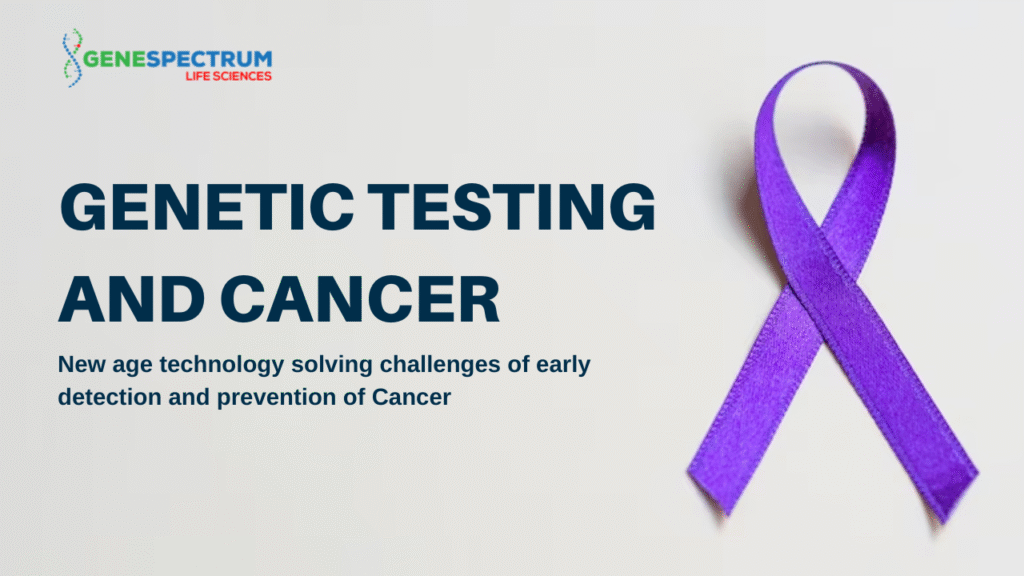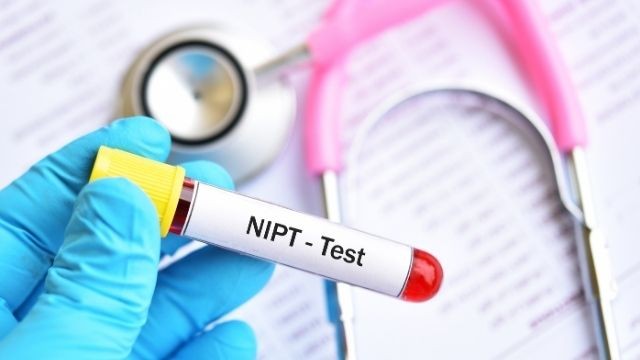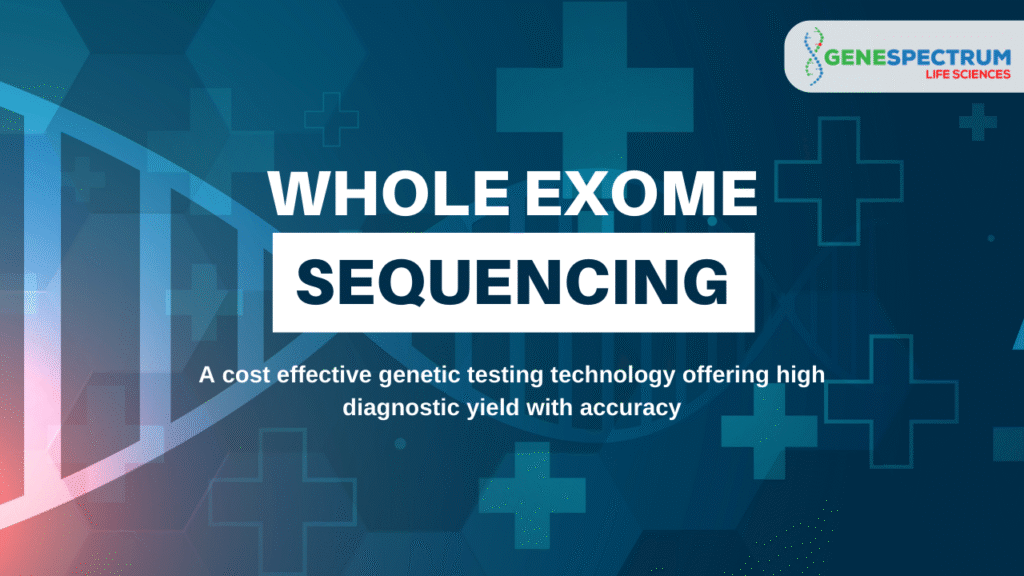
Cancer is a leading cause of death worldwide and genetic testing has become a crucial tool in its diagnosis, treatment, and management. With advances in technology and a better understanding of the human genome, genetic testing is now available to a wider range of individuals. In this article, we will explore the different types of genetic testing, the role of genetic testing in cancer, and the potential benefits and limitations of testing.
What is Genetic Testing for Cancer?
Genetic testing is a process that involves analyzing an individual’s DNA to determine if they have a genetic mutation that increases their risk of developing cancer. There are different types of genetic tests including carrier testing, predictive testing, and diagnostic testing. Carrier testing determines if an individual carries a genetic mutation that could be passed on to their offspring, predictive testing determines an individual’s risk of developing cancer based on the presence of specific genetic mutations, and diagnostic testing is used to determine the presence of a genetic mutation in individuals who have already been diagnosed with cancer.
Examples of Cancer-Causing Genetic Mutations
BRCA1 and BRCA2 are two of the most well-known genetic mutations that can increase the risk of cancer. These genes are associated with an increased risk of developing breast and ovarian cancers, and carriers of BRCA1 and BRCA2 mutations have up to an 85% lifetime risk of developing breast cancer and up to a 50% lifetime risk of developing ovarian cancer. Lynch syndrome is another genetic mutation that increases the risk of several types of cancer, including colorectal, endometrial, gastric, pancreatic, and ovarian cancers.
The Role of Genetic Testing in Cancer Diagnosis and Treatment
In addition to identifying individuals who have an increased risk of developing cancer, genetic testing can also play a crucial role in the diagnosis and treatment of cancer. Genetic testing can be used to identify specific genetic mutations in individuals with cancer, which can help guide treatment decisions. Some cancer treatments, such as targeted therapies, are designed to target specific genetic mutations, and genetic testing can help determine if an individual is a candidate for these treatments.
Potential Benefits and Limitations of Genetic Testing for Cancer
The interpretation of genetic test results is one of the main challenges associated with genetic testing. Some genetic mutations can be benign and do not increase the risk of cancer, while others can increase the risk of cancer but not necessarily cause the disease. Additionally, the significance of some genetic mutations is not yet fully understood, and more research is needed to determine the impact of these mutations on cancer risk.
The psychological impact of genetic testing is another potential limitation. Genetic testing can be a source of significant stress and anxiety, especially if the results are positive. This is why it is important for individuals who are considering genetic testing to be well-informed about the potential benefits and limitations of testing, and to have access to genetic counselling and support.
Conclusion
Genetic testing plays an important role in the diagnosis, treatment, and management of cancer. Genetic testing can help identify individuals who have an increased risk of developing cancer, guide treatment decisions, and inform individuals about the potential risk of cancer in their families. However, genetic testing is not without its limitations, and individuals who are considering testing should be well-informed about the potential benefits and limitations of testing and have access to genetic counselling and support.
If you are considering genetic testing for cancer, it is important to speak with a healthcare professional and a genetic counsellor to determine if testing is right for you. With the right information and support, genetic testing can be a valuable tool in the fight against cancer.
GeneSpectrum Life Sciences is bringing accurate analysis of variants with our curated database of genomic variants and reproducible analysis workflows. To know more about our offering for cancer genetic testing, please reach out to us at contact@genespectrum.in

